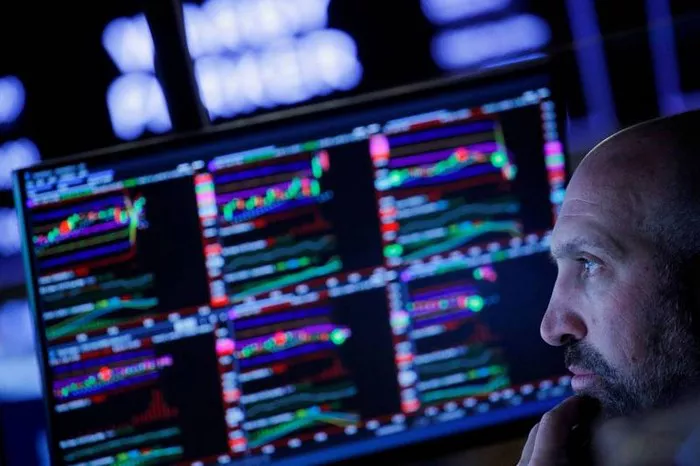CME Group, one of the world’s leading derivatives marketplaces, offers a range of financial products, including CME stock index futures. These futures contracts play a vital role in the global financial landscape, enabling investors to gain exposure to, speculate on, or hedge against the performance of various stock indices.
Understanding CME Stock Index Futures
CME stock index futures are financial contracts that derive their value from the performance of a specific stock market index, such as the S&P 500, Nasdaq 100, or Dow Jones Industrial Average (DJIA). These futures contracts allow traders and investors to participate in the price movements of the underlying index without owning the actual stocks within the index. CME Group facilitates the trading of these futures contracts on its various platforms, providing market participants with opportunities for portfolio diversification and risk management.
Key Features of CME Stock Index Futures:
Standardization: CME stock index futures contracts have standardized terms and conditions, including the index they are based on, contract size, and expiration date. This standardization ensures consistency and liquidity in the market.
Leverage: Futures trading, including CME stock index futures, typically involves leverage, allowing traders to control a more substantial position with a relatively small amount of capital. However, this leverage magnifies both potential gains and losses.
Expiration Dates: Each CME stock index futures contract has a specific expiration date, after which it can no longer be traded. Traders can choose contracts with varying expiration dates to align with their trading strategies.
Cash Settlement: Most CME stock index futures contracts are cash-settled, meaning they do not result in the actual delivery of the underlying stocks. Instead, they are settled in cash based on the difference between the contract’s price and the index’s value at the time of expiration.
How CME Stock Index Futures Work
CME stock index futures operate based on the principle of contract for difference (CFD). Here’s a simplified overview of how these futures contracts work:
Contract Specification: CME Group establishes the terms and conditions of each stock index futures contract, including the underlying index, contract size, and expiration date.
Market Participants: Traders and investors can participate in the CME stock index futures market. They can either go long (buy) if they anticipate an increase in the index’s value or go short (sell) if they expect a decline.
Trading and Margin: Market participants can enter into futures contracts through their brokerage accounts, which are required to meet margin requirements. Margin represents a portion of the contract’s total value that traders must have on deposit as collateral.
Price Movements: The futures contract’s price moves in accordance with changes in the underlying index’s value. If the index rises, the contract’s price increases, and vice versa.
Settlement: At the contract’s expiration, it is cash-settled. The difference between the contract’s price at the time of purchase and the index’s value at expiration determines the settlement amount.
Significance of CME Stock Index Futures
CME stock index futures hold significant importance in the financial markets for various reasons:
Risk Management: These futures contracts provide valuable tools for investors and portfolio managers to manage risk exposure to stock market movements. Hedgers can use CME stock index futures to protect their portfolios from potential losses.
Price Discovery: CME stock index futures prices are considered leading indicators of market sentiment and future stock market movements. Traders and investors use these prices to gauge market expectations and make informed trading decisions.
Liquidity: The CME stock index futures market is highly liquid, allowing traders to enter and exit positions with ease. This liquidity provides flexibility and reduces trading costs.
Portfolio Diversification: CME stock index futures offer opportunities for portfolio diversification. Investors can gain exposure to different stock markets or sectors without owning individual stocks.
Global Reach: CME Group’s global presence allows investors from around the world to access and trade these futures contracts, contributing to their significance on the international stage.
Conclusion
CME stock index futures are integral components of the global financial markets, offering investors and traders diverse opportunities for portfolio diversification, risk management, and speculation on stock market movements. Understanding the key features, operation, and significance of CME stock index futures is essential for anyone looking to engage in these markets effectively.
By gaining a deep understanding of how CME stock index futures work and their role in the financial ecosystem, market participants can navigate the complexities of futures trading with confidence and make informed investment decisions.

